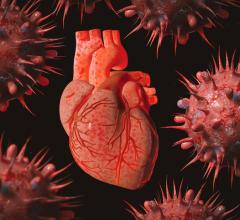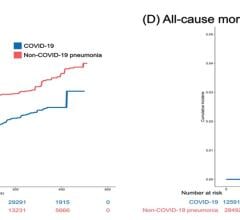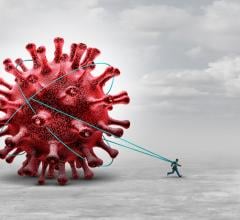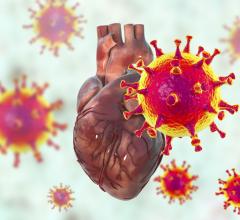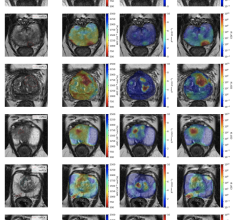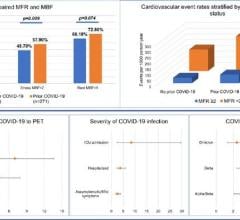
The FDA says scientific evidence does not support COVID transmission via food or packaging. Getty Images
February 19, 2020 — After more than a year since the coronavirus disease 2019 (COVID-19) outbreak was declared a global health emergency, the U.S. Department of Agriculture (USDA), the U.S. Food and Drug Administration (FDA) and the U.S. Centers for Disease Control and Prevention (CDC) continue to underscore that there is no credible evidence of food or food packaging associated with or as a likely source of viral transmission of severe acute respiratory syndrome coronavirus 2 (SARS-CoV-2), the virus causing COVID-19. This was highlighted in press release this week from Acting USDA Secretary Kevin Shea and Acting FDA Commissioner Janet Woodcock, M.D.
"Our confidence in the safety of the U.S. food supply remains steadfast. Consumers should be reassured that we continue to believe, based on our understanding of currently available reliable scientific information, and supported by overwhelming international scientific consensus, that the foods they eat and food packaging they touch are highly unlikely to spread SARS-CoV-2," Woodcock explained.
She said COVID-19 is a respiratory illness that is spread from person to person, unlike food-borne or gastrointestinal viruses, such as norovirus and hepatitis A that often make people ill through contaminated food. While there are a few reports of the virus being detected on food and packaging, most studies focus primarily on the detection of the virus’ genetic fingerprint rather than evidence of transmission of virus resulting in human infection. Given that the number of virus particles that could be theoretically picked up by touching a surface would be very small and the amount needed for infection via oral inhalation would be very high, Woodcock said the chances of infection by touching the surface of food packaging or eating food is considered to be extremely low.
The USDA and the FDA are sharing this update based upon the best available information from scientific bodies across the globe, including a continued international consensus that the risk is exceedingly low for transmission of COVID to humans via food and food packaging.
A recent opinion from the International Commission on Microbiological Specifications for Foods (ICMSF), stated: “Despite the billions of meals and food packages handled since the beginning of the COVID-19 pandemic, to date there has not been any evidence that food, food packaging or food handling is a source or important transmission route for SARS-CoV-2 resulting in COVID-19.” Woodcock said additional literature reviews and analyses from other countries agree.
"Considering the more than 100 million cases of COVID-19, we have not seen epidemiological evidence of food or food packaging as the source of SARS-CoV-2 transmission to humans," Woodcock said.
She said transmission has not been attributed to food products or packaging through national and international surveillance systems. Food business operations continue to produce a steady supply of safe food following current Good Manufacturing Practices and preventive controls, focusing on good hygiene practices and keeping workers safe.
Based on the scientific information that continues to be made available over the course of the pandemic, the USDA and FDA continue to be confident in the safety of the food available to American consumers and exported to international customers.
Related COVID Content:
The Long-term Cardiovascular Impact of COVID-19
ACC Plans for In-Person 2021 Meeting in May With Wearable Biomonitors
VIDEO: Patients Fear COVID More than Heart Attacks — Interview with Cindy Grines, M.D.
VIDEO: COVID Survivor on ECMO in Hospital 152 Days Reunited With Clinicians Who Saved Her
The New Normal in 2021 and Hope for the Post-COVID Future
COVID Mother Reunited With Caregivers After Saving Her Live With ECMO
Cardiac MRI Shows Lower Degrees of Myocarditis in Athletes Recovered from COVID-19

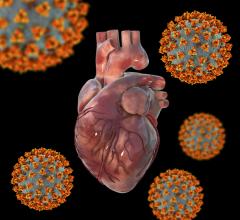
 March 20, 2024
March 20, 2024 
